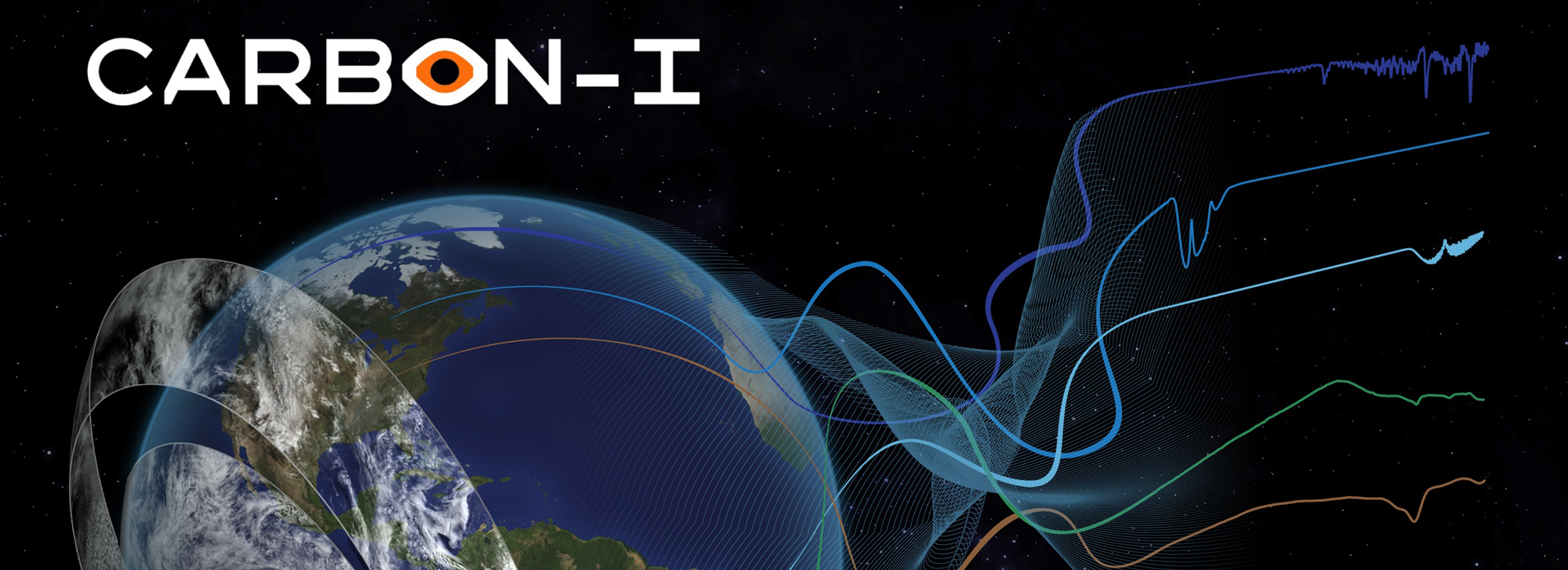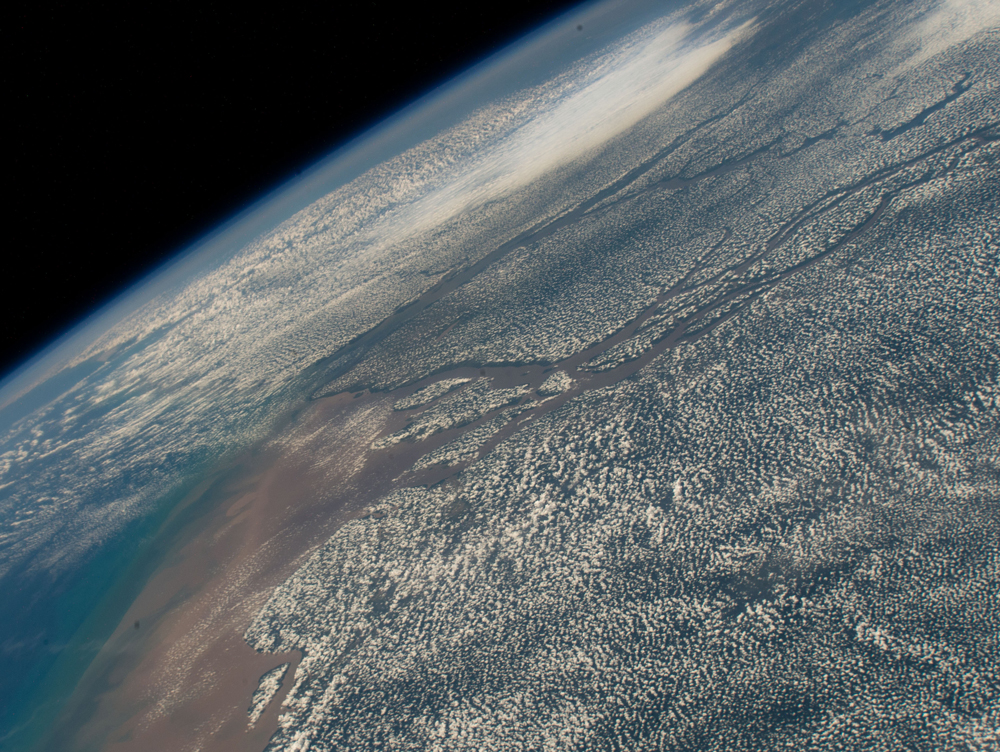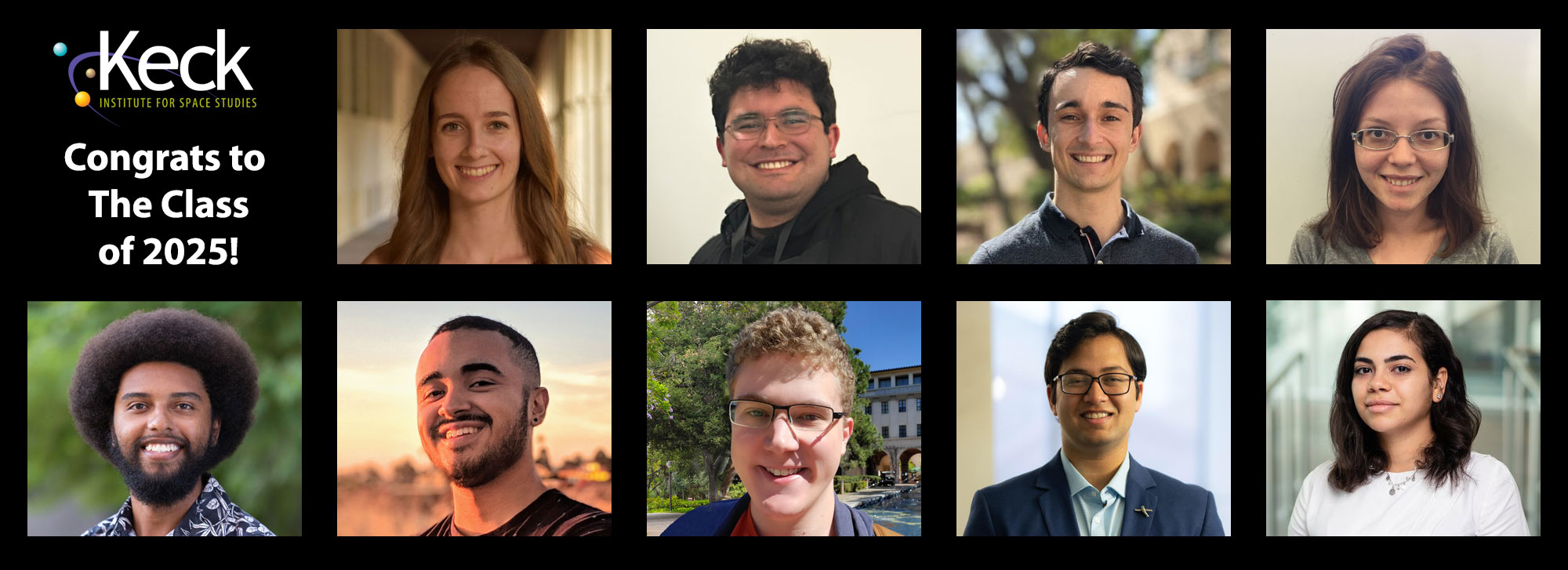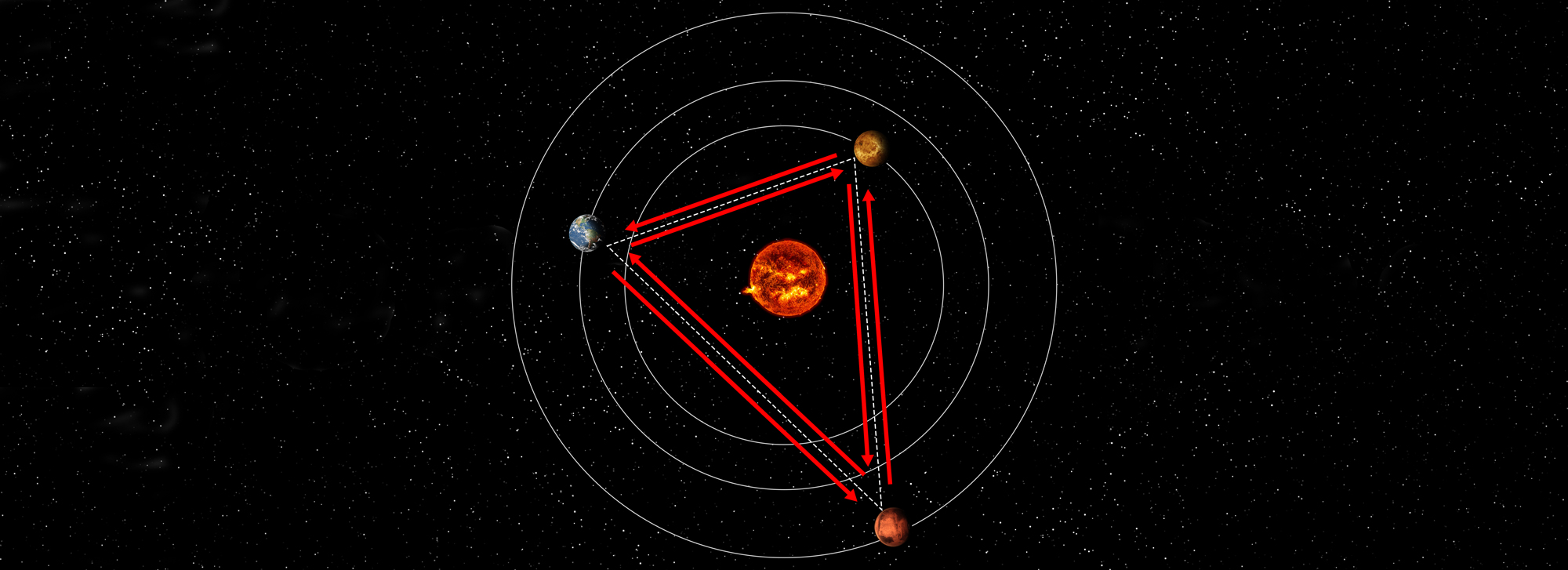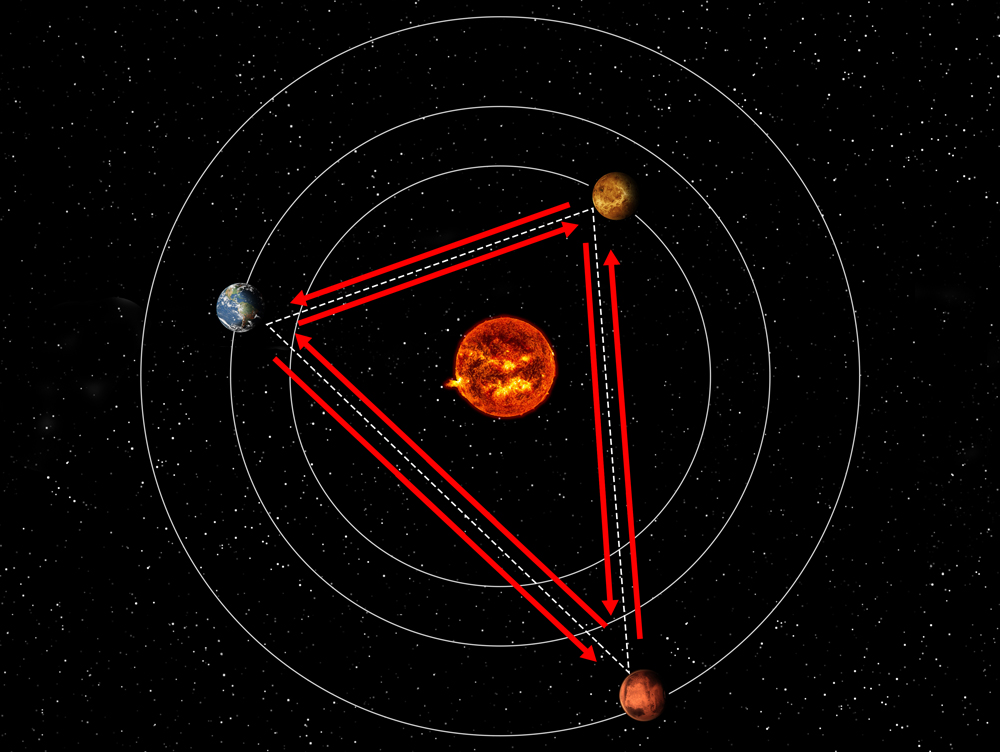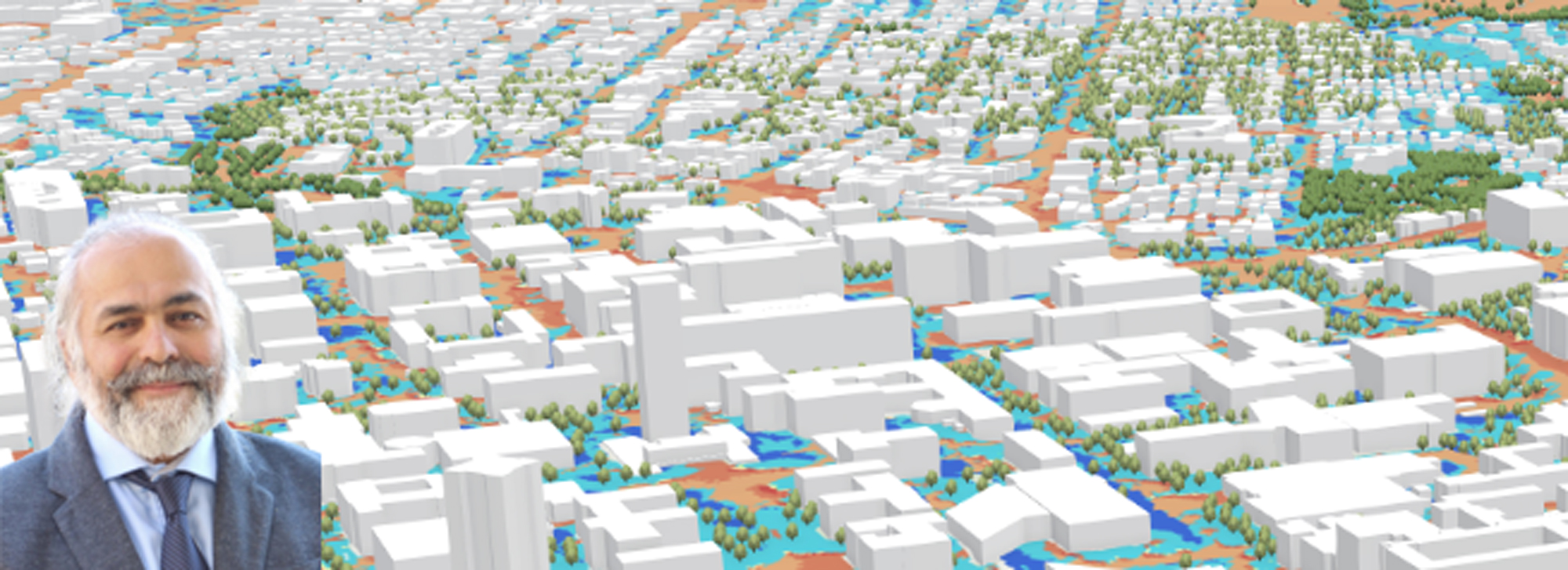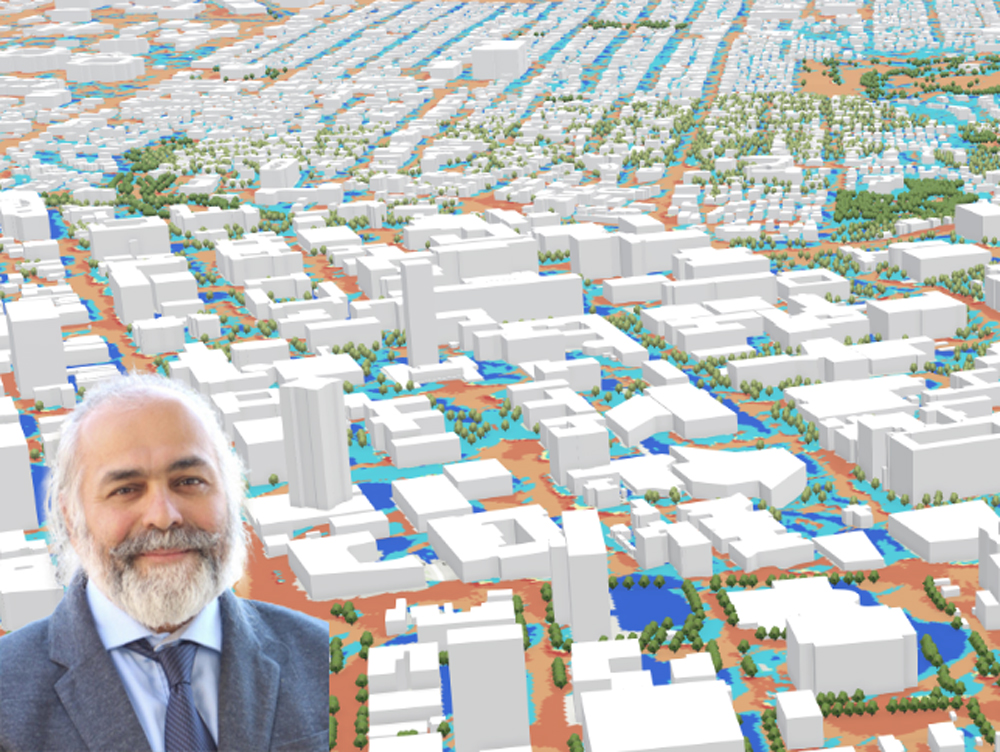Upcoming Events
22
Lecture: Unseen but Measured: Carbon-I's Global Mapping of Trace Gases
Over its planned three-year mission, Carbon-I would create the first global maps of CH₄, CO₂, and CO at sub-kilometer scales, revealing both natural and human-driven emission processes and providing the observational foundation needed to close critical carbon-budget gaps. This talk will outline the mission concepts, how the team got there and paths forward.
22 - 26
Workshop: Interplanetary Laser Trilateration Network
The goal of this study program is to develop plans for a future planetary geodesy measurement protocol that would improve the state of the art for planetary ranging by up to three orders of magnitude, using a triad of spacecraft with laser communications deployed in orbit around Venus, Earth, and Mars.



Proposal Concepts Due

Proposals Due

Panel Session/Networking Event:
The Space Connection - Navigating the Bridge between JPL and the Caltech Campus

Proposals Selections Announced




Solicitation Release Date

Proposal Concepts Due (noon)

Proposals Due (noon)

Star Formation and Nearby Galaxies with JWST


Proposal Concepts Due

KISS Affiliates Program Nominations Concepts Due

Proposals Due

Special Event:
Fireside Chat with Chad Edwards






Latest
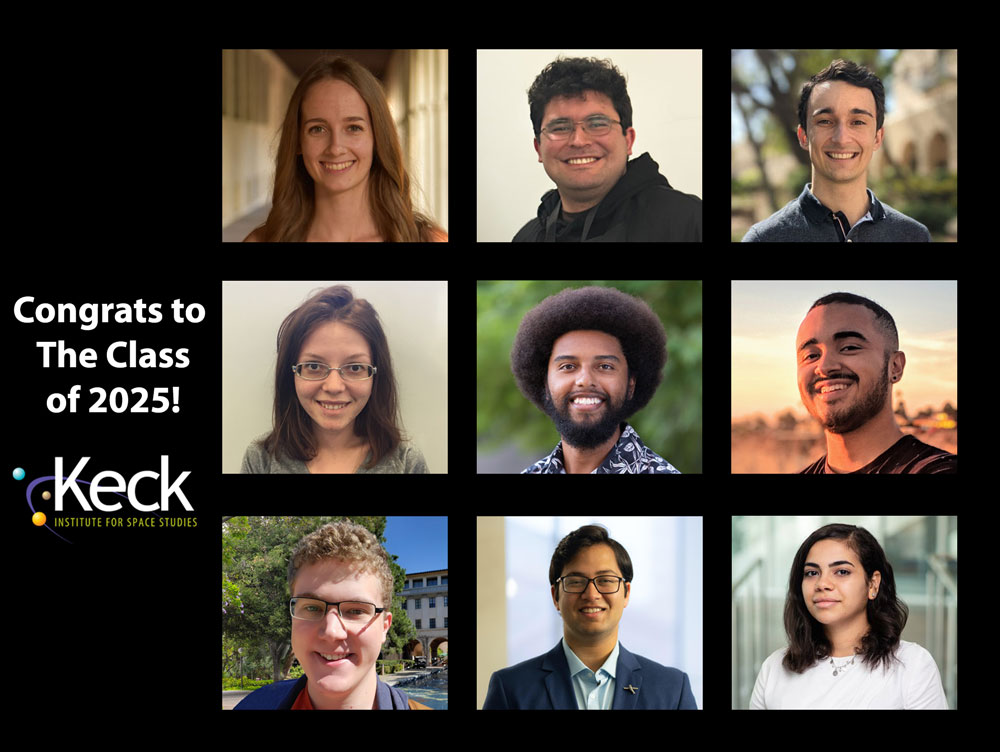
Congratulations to The Class of 2025!
Congratulations to our amazing KISS affiliates who graduated this year - let's meet some of the Class of 2025!
Read more »

First direct observations of atmospheric sputtering at Mars
Acknowledgement was made to participants in the KISS 2023 -24 Blazing Paths to Observing Stellar and Exoplanet Particle Environments study program for their valuable feedback in the paper "First direct observations of atmospheric sputtering at Mars".
Read now »
Final Report: Capturing an Opportunity at Apophis
The final report for the KISS symposium Capturing an Opportunity at Apophis is now published. Read more about the team's recommendations as Apophis approaches for a close Earth flyby in 2029.
Read now »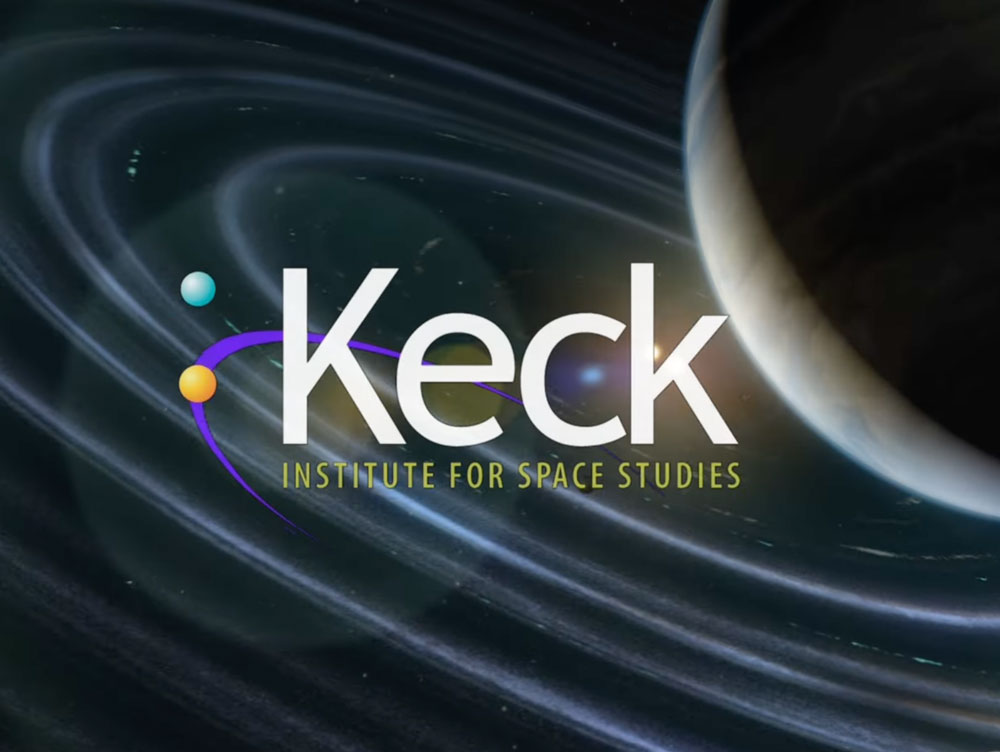
Keck Institute for Space Studies: Shaping the Future of Space Exploration
Get a glimpse of how the Keck Institute for Space Studies is shaping the future of space exploration in our new teaser video. Full version coming later this year!
Watch now »